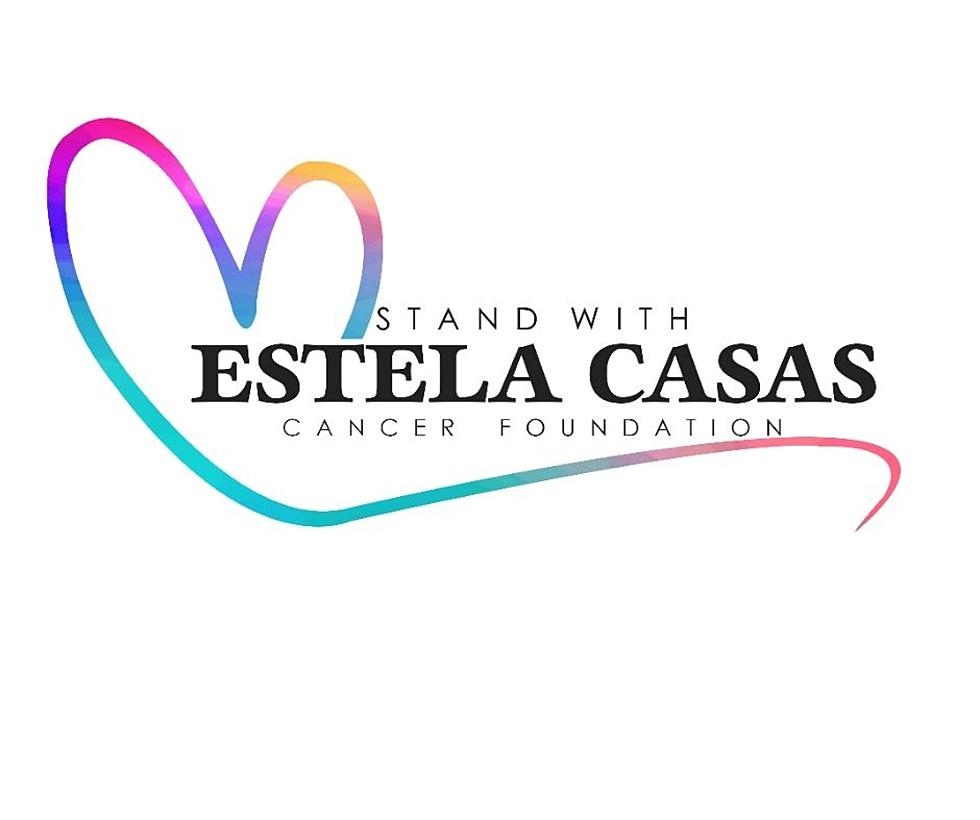
Top 10 Things to Know About Breast Cancer
 October is Breast Cancer Awareness Month, and to help raise awareness, all month long we've been giving you helpful information, stories, videos and more to share with others and help spread the information.
October is Breast Cancer Awareness Month, and to help raise awareness, all month long we've been giving you helpful information, stories, videos and more to share with others and help spread the information.
To see all the information in one place, click here!
Here are 10 things you should know about breast cancer. Some of them are about detection, some are tips for if you discover you have it.
- Prevention is worth a pound of cure; self-examinations and mammography save lives. You should start getting exams in your teens and yearly mammograms when you are 40 years old. If you have a family history of breast or ovarian cancer, you may want to go to a breast cancer prevention clinic.
- Find out whether it is cancer before you go into the operating room. Needle biopsies can be done in the clinic or in mammography for palpable or nonpalpable lesions. When it is cancer, you can have a one-step operation instead of having to go back for a second surgery. If it is not cancer, the mass or calcification can be taken out in the clinic.
- You should find a surgeon who uses intraoperative ultrasound techniques to locate mass or biopsy sites. Using painful preoperative localizing needles is unnecessary.
- New techniques such as eRFA (excision followed by radio frequency ablation) decrease the risk of having to go back for second surgeries to remove the entire tumor.
- A lumpectomy plus radiation can be equal to a mastectomy. When a mastectomy is required, ask about reconstruction at the time of the first operation. Postsurgical pain can be drastically reduced using a newly developed method with BOTOX®.
- If you use MammoSite, or in some cases eRFA, you can avoid five to six weeks of whole breast irradiation.
- Pathology is not black and white, especially with ducal carcinoma in situ. Get a second opinion about your pathology from a pathologist who specializes in breast cancer.
- Breast cancer will spread to the lymph nodes underneath your arm. If you can detect whether or not the cancer spread to these, it will help you know how well you will do after surgery and how aggressive your therapy needs to be. There are some new techniques that can remove a few nodes and reduce postoperative arm swelling.
- There are several treatment options for breast cancer. A personalized treatment plan can be best suited for your needs. This can be chosen from hormonal therapies, immunotherapies and new chemotherapeutic agents. You can also be a pioneer and participate in cutting-edge research protocols.
- The best way to prevent or treat breast cancer is through team approach. Make sure your doctors are utilizing a team of professionals to help you get the best personalized care.
Via UAMS Health
More From 93.1 KISS FM









